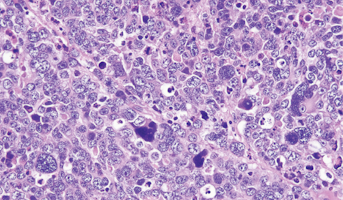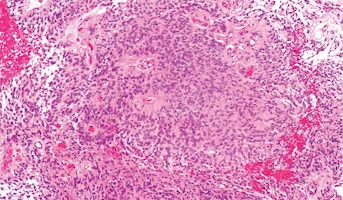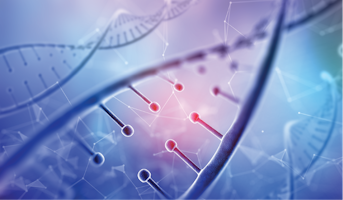Lukas Chavez
La Jolla, CA, USA
University of California, San Diego

About
Assistant Professor, Medicine
University of California, San Diego (UCSD)
The major goal of my laboratory is the molecular characterization of malignant childhood cancers to identify drug targets and improve treatment options. Our focus is mainly on pediatric brain tumors such as medulloblastoma, glioblastoma, and ependymoma. Recently, we have demonstrated how to leverage epigenetic information such as DNA methylation and enhancer profiling in pediatric brain tumors and normal human tissues to identify clinically relevant tumor subgroups, oncogenic enhancers, transcription factors, and pathways amenable to pharmacologic targeting. To reveal regulatory circuitries disturbed in childhood brain tumors, we generate and integrate public high-dimensional data from primary tumors and patient-derived cell lines. We are specifically interested in the analysis of somatic and germline DNA mutations, chromatin and DNA modifications, transcription factor binding, and gene expression.
University of California, San Diego
research
Interests

Medulloblastoma
Medulloblastomas comprises the vast majority of pediatric embryonal tumors and by definition arise in the posterior fossa, where they constitute approximately 40% of all posterior fossa tumors. Other forms of embryonal tumors each make up 2% or less of all childhood brain tumors.The clinical feature

Ependymoma
Ependymomas arise from ependymal cells that line the ventricles and passageways in the brain and the center of the spinal cord. Ependymal cells produce cerebrospinal fluid (CSF). These tumors are classified as supratentorial or infratentorial. In children, most ependymomas are infratentorial tumors

